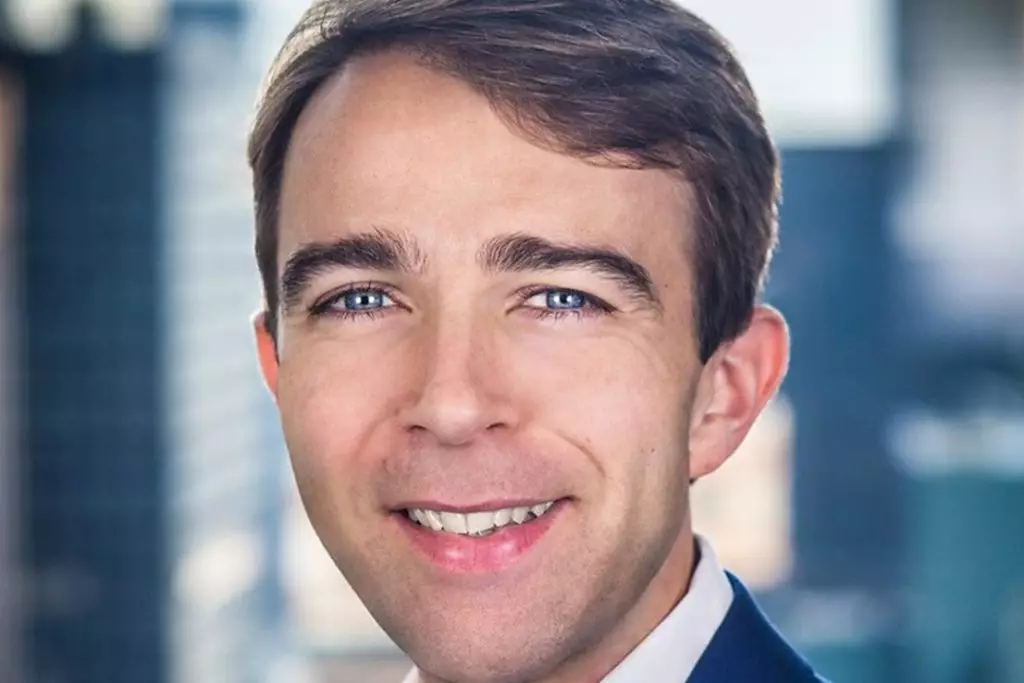The landscape of media is shifting at an unprecedented pace, and the British Broadcasting Corporation (BBC)—a stalwart of public service broadcasting—recognizes the necessity for astute leadership during these transformative times. John Curbishley’s recent appointment as Chief Strategy and Transformation Officer marks a significant move in not just reinforcing the strategic framework within the organization, but also adapting to a future where public funding models and content distribution are under scrutiny.
Curbishley returns to the BBC after a notable tenure at Paramount Global, where his efforts navigated the complexities of a very challenging media environment, further complicated by a major merger with ViacomCBS. His dual experience of working both in the BBC and in high-pressure corporate settings reveals a rare blend of public service ethos and corporate strategy. As he steps into this enhanced role, the anticipated impact of his leadership could profoundly influence the future trajectory of one of the UK’s most cherished institutions.
Echoes of Change Amid Departures
Curbishley’s return comes at a time when the BBC grapples with significant personnel changes. With the exit of Gautam Rangarajan from the Group Director of Strategy and Performance position, this transition allows for a fresh approach to governance within the corporation that is world-renowned for its commitment to high-quality content. Adding to this context is the recent announcement that communications head John Shield is also leaving, raising questions about continuity in message and media strategy as the company seeks to retain its relevancy.
Amidst this flux, the BBC’s delegation of critical roles, from Curbishley’s appointment to Chief Product Officer Storm Fagan joining the Executive Committee (EC), speaks volumes about the organization’s commitment to reinvigoration. It is a bold move designed to understand better and harness technological advancements, audience engagement, and content monetization in an increasingly competitive landscape.
The Future of Public Broadcasting
With government charter renewal looming, the timing of Curbishley’s role is exceptional. The dialogue surrounding the future of public broadcasting and its financing model has intensified, reflecting a broader sentiment regarding the sustainability of such institutions in the digital age. The BBC faces mounting pressure not only from the government but also from commercial broadcasters and on-demand services that have rapidly gained ground, reshaping audience expectations. Curbishley’s comprehensive background in both corporate strategy and media innovation positions him well to confront these challenges.
Importantly, Curbishley himself recognizes the context of this moment, reiterating that the BBC’s foundational mission remains as relevant to the public as ever. This awareness is crucial, for it indicates an understanding that while the methodologies may evolve, the core values of trust and integrity must underpin the BBC’s approach as it ventures into uncharted waters.
A Vision for Transformation
Curbishley’s enthusiasm for returning to the BBC—to map a path forward in a time of pressure—signals that transformation is not merely reactive but can be proactive. It presents an opportunity for the BBC to redefine its essence in the 21st century. His strategy should focus on cultivating not just internal structures but also the relationship with the audience that is essential for sustaining public support. As traditional boundaries blur and new technologies redefine content consumption, leaders like Curbishley could be the key to navigating these challenges effectively, reinforcing the BBC’s stature as a beacon of quality amidst the noise of modern media.

